Full Chapters Due: March 24, 2025
Introduction
Miva Open University invites chapter submissions for the book Artificial Intelligence in Economics: The Future of Learning and the Future of Work. This volume aims to examine the profound ways artificial intelligence (AI) is influencing economic systems, employment, and education.
Drawing insights from thought leaders, researchers, and practitioners, the book seeks to equip readers with a comprehensive understanding of how AI is reshaping the economic and labour landscape, as well as redefining learning methodologies.
Table of Contents
Objectives
The book aims to explore how artificial intelligence is changing economics, including its impact on productivity, jobs, and education. It will look at AI as both a challenge and an opportunity, providing practical ideas and strategies for academics, policymakers, and professionals to adapt to an AI-driven world.
Target Audience
This book is intended for:
- Economists, policymakers, and researchers.
- Educators and students in economics and AI-related fields.
- Business leaders, HR professionals, and organisational strategists.
- Technology enthusiasts and AI innovators.
Recommended Topics
The book will consist of three parts, with the following chapters and themes recommended for submission:
Part I: AI and the Transformation of Economic Systems and Policies
- AI and Economic Theory: Rethinking the Foundations of Productivity and Growth
- AI and Income Inequality: Winners, Losers, and Economic Polarization
- The Role of AI in Economic Policy Formulation and Implementation
- AI and the Future of Financial Markets: Risk, Efficiency, and Ethical Considerations
- Taxation in the Age of AI: Policy Challenges and Opportunities
- AI in Macroeconomic Forecasting: Enhancing Accuracy or Introducing New Risks?
- Environmental Economics and AI: Addressing Climate Change and Natural Resource Management
- The Role of Governments and Institutions in Managing AI’s Economic Impact: Case of Developed, Emerging and Developing Economies
- Artificial Intelligence in Healthcare Economics: Optimising Costs and Outcomes
- Artificial Intelligence and Taxation: New Approaches for a Digital Economy
Part II: AI, Employment, and the Evolving Future of Work
- Automation, Employment, and the Labour Market: How AI is Redefining Jobs
- Skills for the Future: Education, AI, and the Evolving Workforce
- AI-Driven Productivity Gains: Potentials and Limitations in Core Economic Sectors
- The Gig Economy, AI, and the Changing Nature of Employment Contracts
- AI, Supply Chains, and Global Trade: A New Era of Economic Interdependence
- Labour Market Regulations in an AI-Driven Economy: Navigating Legal and Ethical Issues
- AI and Gender Equity in the Workplace: Opportunities and Threats
- AI, Unemployment, and Universal Basic Income: Policy Responses to Technological Displacement
Part III: AI in Economics Education: Redefining Learning And Curriculum Development
- AI-Driven Curriculum Design: Revolutionizing Economics Education
- The Role of AI in Developing Critical Thinking and Decision-Making Skills in Economics
- AI-Powered Economic Simulations: Training Tomorrow’s Economists through Virtual Models
- AI in Behavioural Economics: Simulating Consumer Behaviour and Market Dynamics
- Predictive Learning in Economics: How AI Can Anticipate Student Performance and Adapt Learning Material
- The Role of AI in Redesigning Economic Curricula Beyond the 21st Century
Submission Procedure
Authors are invited to express their interest in contributing to the book by December 20th, 2024. Initial submissions of extended abstracts or chapter proposals are due by March 28th, 2025. Contributing authors should note the following:
- Submit an abstract of not more than 200 words (single line spacing, single block paragraph, italics).
- Use Times New Roman, single line spacing, and font 12.
- Must have not more than 6 sub-headings, with the first section as “Introduction” and the last as “Conclusion and Policy Implications.”
- Use of bullet form will not be allowed.
- All trademarks must be written in italics.
- Acronyms must be spelt out before subsequent use.
- References must be in at least APA 7th Edition.
- Submit your brief profile of not more than 100 words.
The submissions will be reviewed, and authors will receive feedback for final revisions. The final chapters’ review will be completed by April 30th, 2025, with publication formalities concluding on May 30th, 2025.
Publisher
The book will be published by the School of Management and Social Sciences, Miva Open University, Abuja, and is scheduled for release in May 2025.
Important Dates
- Expression of Interest: December 20th, 2024
- Initial Submission: March 28th, 2025
- Final Review: April 30th, 2025
- Publication Formalities: May 30th, 2025
Inquiries
For any inquiries regarding this call for chapters, please contact the editors:
Editor 1:
Godfrey I. Ihedimma, FMNES
Department of Economics,
School of Management and Social Sciences,
Miva Open University
godfrey@miva.university
+234 703 858 2462
Editor 2:
Jude O. Chukwu, PhD
Department of Economics,
School of Management and Social Sciences,
Miva Open University
jude@miva.university
+234 803 596 6754


